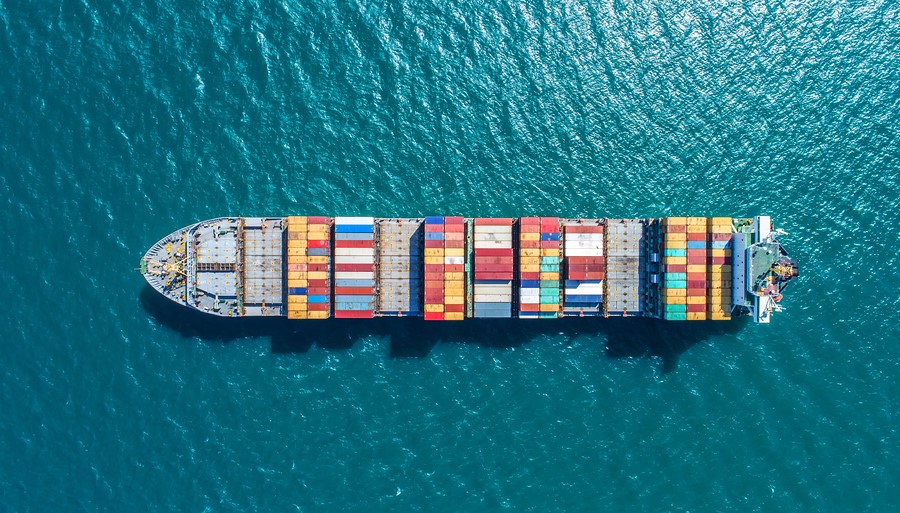If you are shipping certain types of products, you will need a metal pallet, no two ways about it. They are more expensive and you will have to consider which type of material is best for your needs and your budget.
What Should Go on a Metal Pallet
At the top of the list are food and pharmaceutical products of almost any sort. Metal pallets can be steam cleaned, and if properly cleaned and sealed, they don't carry the risk of imparting bacteria to a shipment. Many warehouses for food products now require them to be palletised on metal for hygiene reasons. The types of metal used in pallets also don't retain heat, so they are ideal for cold storage situations.
Boxes full of paper products should also be considered for palletising on metal; wooden pallets can hold a lot of moisture and the humidity can seep into the boxes and degrade paper quality. The Smithsonian Institute in the United States now stores some of its paper products on steel pallets to protect them from moisture.
Car parts and other types of hardware are also good candidates for riding on metal for pallet delivery. They add up in weight and are awkwardly shaped, which can create stresses on different parts of the pallet structure. If you ship concrete, bricks, and the like, you might want to consider steel.
Metal Pallet Benefits
Metal pallets get you around any need for the fumigation that wooden pallets require. For products travelling internationally, wooden pallets need to carry an IPPC stamp, which notes its compliance with the International Plant Protection Convention, for either heat or methyl bromide treatment for pests and fungi.
If you go with aluminium, you could make savings in your overall shipping cost. The weight differences might seem small, but spread out over large volumes it could matter that your aluminium pallet weighs only 13.5 kilos instead of the 15 kilos your wooden ones cost. Even some types of steel make for lighter weight pallets than wood.
Steel and aluminium do not contribute to fire hazards, which is another factor you might consider if your goods have to sit in warehouses for any length of time on their journey.
Metal pallets used to be much costlier than wood, but their price has consistently climbed down over the past few years, and aluminium pallets can now cost the same as wooden pallets. Steel is always more expensive, but it is necessary for some industrial uses.

